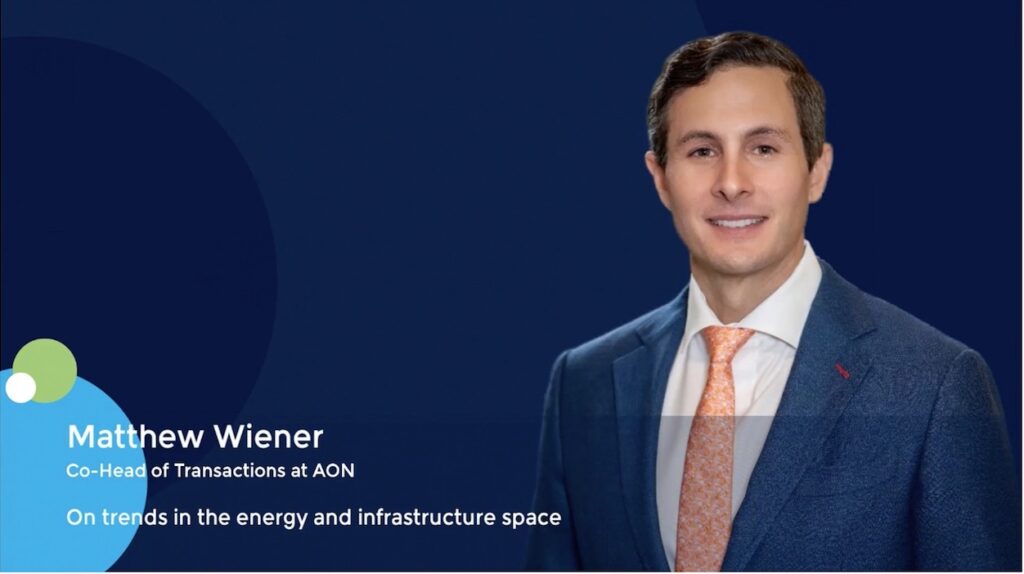Activists in Japan increasingly embrace growth strategies, take up mantle of investment bankers
- ‘Operational’ activists like Oasis compete with investment bankers
- Share prices of companies under proposals climb even after activist exits
- No sign of proposals abating as activists utilize array of ‘toolkits’
Corporate Japan has been witnessing further qualitative change in the way activist campaigns are being waged with some tactics becoming focused on fixing businesses rather than demanding a company sale to realize a quick return, said investment bankers and activist shareholders based in Hong Kong and Japan.
Many activists still demand a company sale through go-private transactions with such standard calls as share buybacks and higher dividends, but recently some activists appear more inclined to improve and enhance a company by proposing mid- to long-term growth strategies to realize shareholder gains in line with the stock market’s revaluation of the business, they say.
In early April, Hong Kong-based activist Oasis Management, a 3% shareholder in Japanese hygiene and health & beauty product company Kao [TYO:4452], urged the company to prioritize the growth of its core international brands as they view the ongoing restructuring as a short-term fix that fails to address underlying growth issues.
According to Oasis, Kao, which has suffered from ebbing revenue growth, diminishing returns on equity and poor stock price performance (compared to peers), could be worth JPY 10,000 (USD 64.52) per share, up from the current JPY 6,978, if the company’s “sleeping giant” cosmetics and health & beauty divisions were given exposure to international markets.
“Kao has an incredible opportunity. The time is now for a paradigm shift for a better Kao,” said Seth Fischer, chief investment officer of Oasis Management. Fischer said Oasis will continue to engage with the company “until they realize this potential”.
Investment bankers in Tokyo with corporate finance expertise have been watching the paradigm shift in activist tactics. Indeed, some bankers are exchanging ideas with overseas activists due to their role in formulating growth strategies around corporates joining hands with company management – in a similar manner as investment bankers, according to a Tokyo-based banker.
“From now on, the so-called ‘operational’ activists like Oasis will come to our side and compete with investment bankers like us by proposing companies’ growth strategies,” said Rei Kyogoku, managing executive officer and head of corporate finance at SMBC Nikko Securities, who met with Fischer last month.
Traditional vs operational activists
While ‘traditional’ activists tend to demand or facilitate a company sale through go-privates or consolidation strategies designed to realize quick profits, ‘operational’ activists understand that a company’s value is depressed as a result of poor management and board oversight, according to Global Value Investment, a US-based research and portfolio management provider.
“Activists could be our threat because they provide similar services as investment bankers but they do so without charging any fees for their services,” said another Tokyo-based M&A banker.
This shift comes at a time when an increasing number of Japanese companies are trying to implement business restructuring and investment strategies aimed at growth, pushed by the introduction of the corporate governance code and a Tokyo Stock Exchange initiative to improve corporate value, the bankers say.
‘Operational’ activists bring vital leadership necessary to strengthen board and executive functions, which frequently require the replacement of directors, according to Global Value Investment.
Such an example of operational activism came in mid-April when Tokyo-based activist Strategic Capital called for an overhaul of the board of Daidoh [TYO:3205], of which the activist is the largest shareholder with a 32.2% stake.
Daidoh, a Tokyo-based apparel manufacturer known for its New Yorker and Brooks Brothers brands, has been under fire from Strategic Capital since the fall of 2022. Its operating results have been in the red for the past 10 years in tandem with a steadily declining stock price.
As per its June 2024 AGM proposals, the activist urged Daidoh shareholders to vote in favour of its six nominees for director and against the four candidates put forward by the company, saying “it is no longer possible to increase shareholder value under the current management”, according to Strategic Capital President and CEO Tsuyoshi Maruki.
Strategic Capital has bulked up its stake in recent months and now has voting rights in line with its 32.2% interest.
There is a strong likelihood that Daidoh shareholders will endorse Strategic Capital’s proposal given the voting rights the latter derives from its holding.
Objective isn’t to win, per se
In general, Strategic Capital does not expect its proposals to obtain shareholders’ approval, according to Maruki. And that’s not necessarily a bad thing.
Through the proposals, their objective is to let other shareholders know their thinking and for company management to change themselves, said the CEO. “We never expect to reap short-term gains through our proposals,” he added.
Yet, the share prices of almost all of Strategic’s investee companies where proposals were submitted – with the exception of one situation – have risen after between one and three-years or following the activist’s sale of stock, Maruki said in his recently published book on his activist philosophy.
“This means that after the submission of various proposals, the companies’ management policies have shifted towards the perspective of shareholders, which positively responded to market evaluations. Such a trend has not changed even after the sale of our holdings,” Maruki said in the book.
Array of activist toolkits
The year 2022 witnessed an abrupt jump in the number of listed Japanese companies that received shareholder proposals. The trend has shown no sign of abating.
Between 2021 and 2023, the number of listed companies on the receiving end of such proposals increased by three-fold partly as many activists discovered an array of toolkits available in Japan to improve corporate governance, according to Yutaka Suzuki, an analyst at Daiwa Institute of Research.
Unlike in European countries where an investor needs to hold at least 5% of a company to submit proposals at AGMs, the bar for activists in Japan (and the US) for submitting such proposals is not high, Daiwa’s Suzuki said.
Under Japan’s statutes on shareholder rights, for example, an investor holding either 300 units or 1% of a company’s shares for at least six months as a shareholder of record can put forward an unlimited number of proxies at the AGM.
Moreover, extraordinary shareholder meetings (EGMs) can be called at any time by a shareholder holding 3% of a company for at least six months in Japan. At AGMs (and EGMs if proposed), directors can be voted out if they do not receive a majority of votes.
In the US, activists are not allowed to submit proposals seeking dividend hikes or the dismissal of directors, while activists in Japan are permitted to make such proposals, according to Daiwa’s Suzuki. And if the proposals are approved by shareholders, such decisions are binding and Japanese boards must accept them, although that is not the case in the US, said Suzuki.
“I believe that we will now see these rights utilized more frequently and constructively… Japan’s Stewardship Code proclaims, by fulfilling their stewardship responsibilities, investors will be able to contribute to the growth of the [Japanese] economy as a whole. I couldn’t agree more,” said Oasis’ Fischer.










